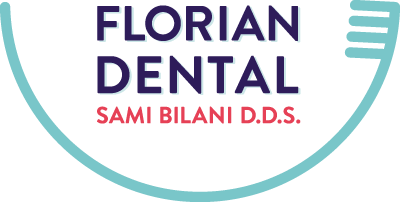Key Recommendations
- Individuals who choose to drink alcoholic beverages should do so sensibly and in moderation-defined as the consumption of up to one drink per day for women and up to two drinks per day for men.
- Alcoholic beverages should not be consumed by some individuals, including individuals who cannot restrict their alcohol intake, women of childbearing age who may become pregnant, pregnant and lactating women, children and adolescents, individuals taking medications that can interact with alcohol, and individuals with specific medical conditions.
- Alcoholic beverages should be avoided by individuals engaging in activities that require attention, skill, or coordination, such as driving or operating machinery.
Food Safety
The food safety guideline is designed to reduce the risks from foods that are contaminated with harmful bacteria, viruses, parasites, toxins, and chemical and physical contaminants. Healthful eating requires a safe food supply provided by farmers, food producers, markets, food service establishments, and other food handlers. The guideline addresses simple food-handling principles to practice when preparing, serving, and storing food to minimize the risk of food borne illness.
Key Recommendations
- Do the following to avoid microbial food borne illness:
-Clean hands, food contact surfaces, and fruits and vegetables. Meat and poultry should not be washed or rinsed.
-Separate raw, cooked, and ready-to –eat foods while shopping, preparing, or storing foods.
-Cook foods to a safe temperature to kill microorganisms.
-Chill (refrigerate) perishable food promptly, and defrost foods properly.
- Avoid raw (unpasteurized) milk or any products made from unpasteurized milk, raw or partially cooked eggs or foods containing raw eggs, raw or undercooked meat and poultry, unpasteurized juices, and raw sprouts.
